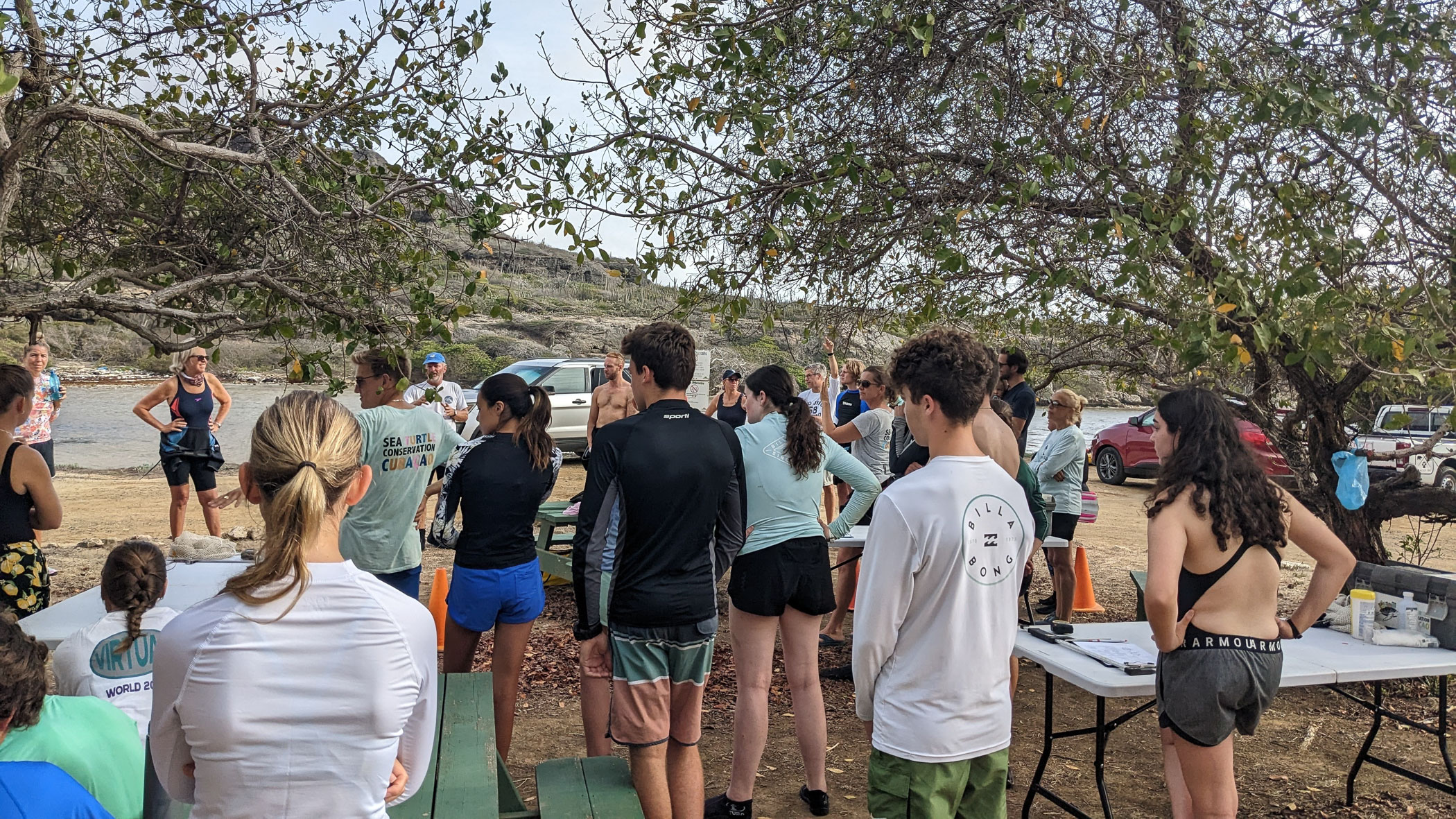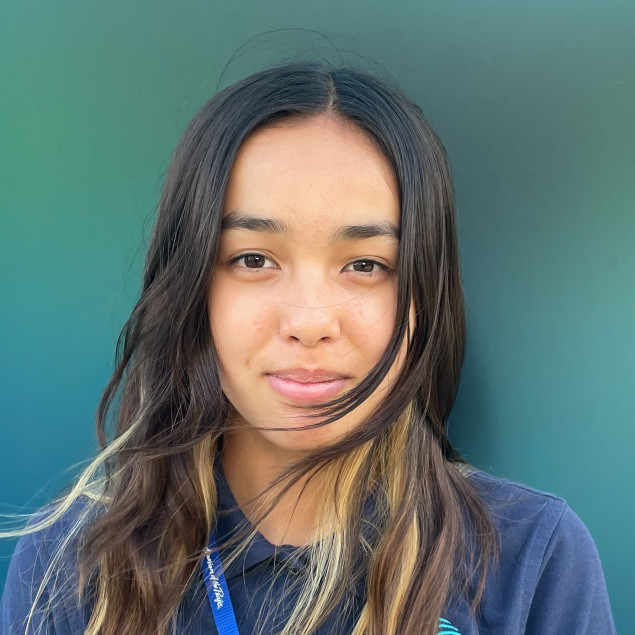
Fresh Voices
The Conservation Generation
I grew up in a generation in which conservation is central to our values and spirit.
One of the greatest parts of working with the marine biology community is meeting new people–especially people my age. In participating in conservation efforts around the world with my peers, I have learned the emotions and passion of my generation surrounding climate change and protecting our planet. Working with my peers has changed the way I view different issues our planet faces–regarding them with a sense of hope rather than gloom.
This past summer I had the opportunity to travel to the island of Curaçao as a part of a marine biology and conservation-focused trip. In Curaçao, I stayed with around eleven other people, all of high-school age. We attended a general marine biology course and worked on local research and restoration projects around the island.
One such effort involved gathering data on sea turtles. During the session, we collected data on a virus affecting sea turtles called Fibropapillomatosis (FP), which is thought to be caused by various types of pollution. As a group, we tagged and measured a total of 18 sea turtles. Unfortunately, a few of the turtles we tagged had the FP virus, which manifests itself in the form of tumors around the turtle’s eyes, face, and cloaca.
After we had released all of the turtles, we debriefed with the lead researcher, reflecting on the work we had just done. Many of my peers and myself were in tears after seeing the diseased turtles.
After witnessing the pain inflicted on the turtles by the anthropogenic disease, a penetrating gloom persisted throughout the rest of the day. The bus ride home was a silent one, as each of us contemplated the ever more severe impact of humans on our planet.
As soon as we returned to our dorms, many of us began researching more ways to help these endangered creatures. A few of us also donated money to help the team on Curaçao treat more sea turtles. We also reflected on the effort we had made to help the sea turtle population on the island. By collecting data on FP’s abundance, we helped scientists better understand the prevalence of this disease.
Experiencing the peril in which our marine life is in was extremely moving. It also demonstrated how much care and devotion each of us had for the environment. The sense of renewed stewardship and urgency that spread throughout our group after working with the sea turtles was palpable.
Conservation is so crucial to the fate of our planet, and bringing such conviction to restoration and protection efforts makes a huge difference. Seeing this determination first-hand gave me faith that this generation of climate activists will aid in taking massive steps towards limiting and reversing the effects of climate change.

Marjorie Lian
Marjorie Lian is a member of the editorial committee of the Teen Climate Council and has been a volunteer at the Aquarium of the Pacific for three years. With the Teen Climate Council, Lian has completed projects with the goal of raising awareness about climate change, such as the children’s book titled Yutaka Finds a Friend. She has also been a part of many of the youth programs, including Junior Exhibit Guides, Ocean Neighbors, and VolunTEENs.